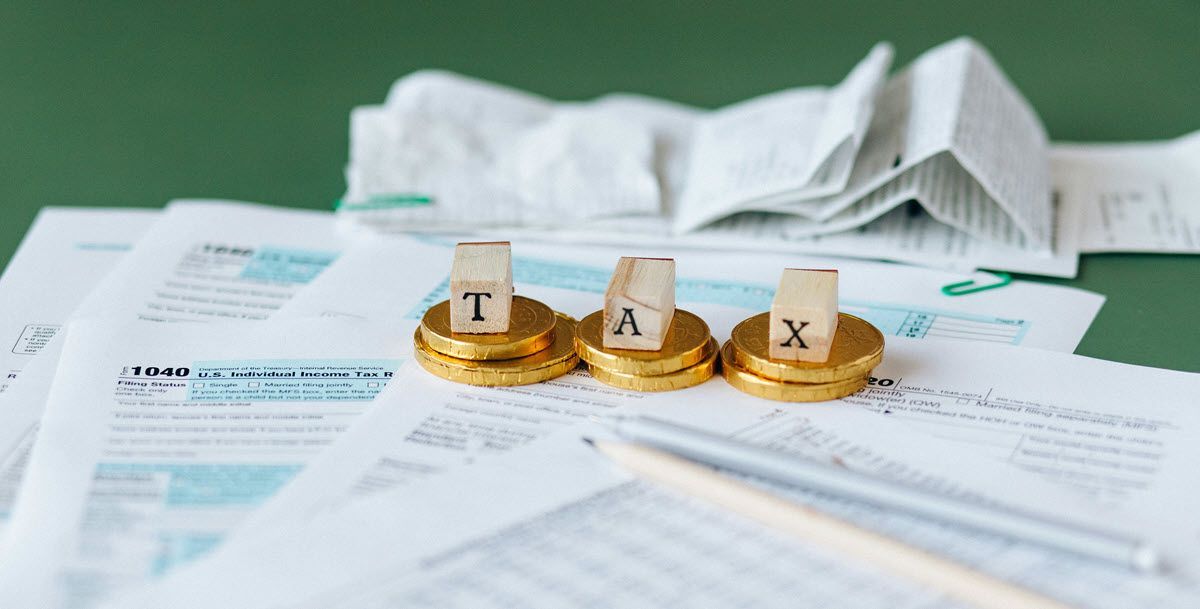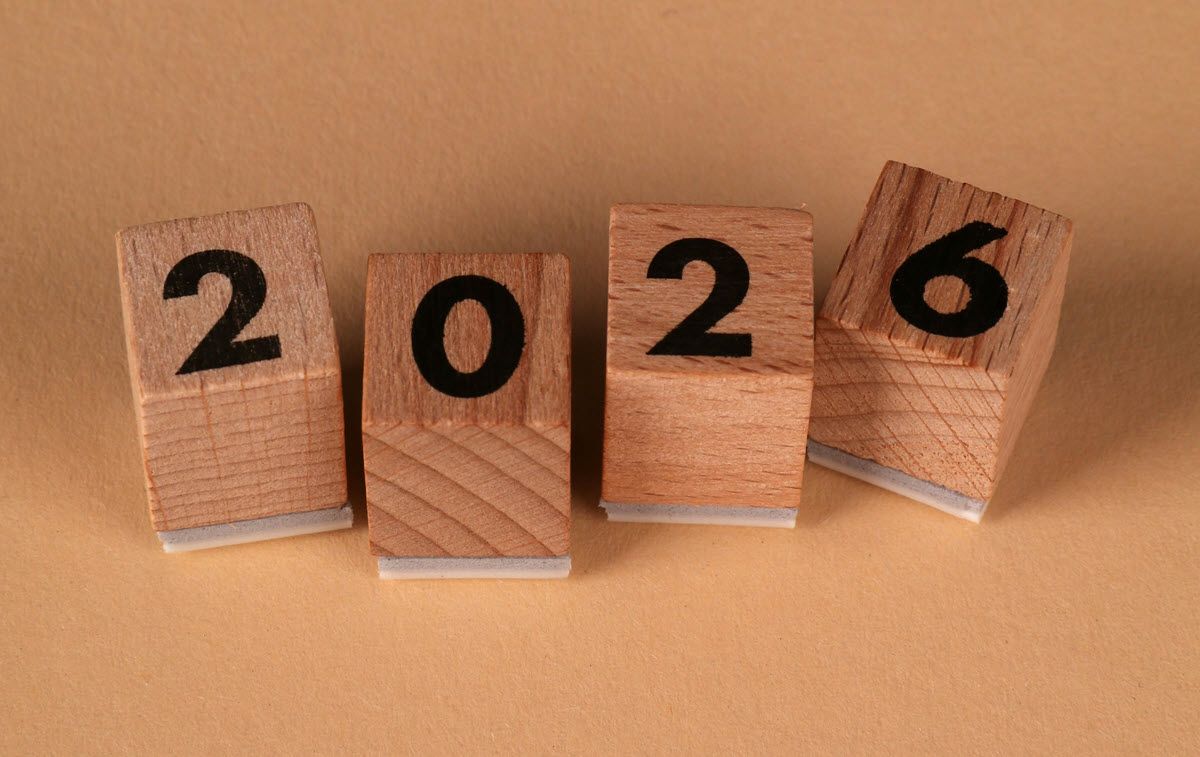How Much Do I Need to Retire?

Retirement is one of the biggest financial goals you'll ever plan for, but how do you know how much you’ll actually need to retire comfortably? Whether you dream of traveling the world or relaxing at home with grandkids, knowing your number is the first step toward making that dream a reality.
Here’s how to calculate how much you’ll need for retirement.
1. Estimate Your Annual Retirement Expenses
Start by visualizing your retirement lifestyle and listing the associated costs. Even if your spending will drop after you retire (for example, no more commuting or work-related expenses), you’ll still have to budget for essentials like:
- Housing (rent/mortgage, maintenance, property taxes)
- Utilities and groceries
- Transportation
- Health insurance and out-of-pocket medical costs
- Travel and leisure
- Taxes (don't forget that many types of retirement income can be taxed)
Quick tip: Most people aim to replace about 70% to 80% of their pre-retirement income. So, if you make $100,000 per year, you may want to plan for $70,000–$80,000 per year in retirement spending.
2. Estimate How Long You’ll Be Retired
Think about when you plan to retire and how long you might live. While no one can predict the future, it’s smart to plan conservatively.
If you retire at 65 and live to 90, that’s 25 years of retirement. Planning for 30 years gives a buffer in case you live longer or face higher-than-expected expenses. Note: That number should be higher if you intend to retire early.
3. Calculate Your Total Retirement Needs
Now multiply your expected annual retirement spending by the number of years you plan to be retired.
Example:
$60,000 per year × 30 years = $1.8 million
This gives you a ballpark number—before factoring in inflation or investment returns.
4. Factor in Inflation
Don’t forget inflation! A dollar today won’t go as far tomorrow. Even a modest 2–3% annual inflation rate can significantly impact your spending needs over time.
To stay ahead, your retirement plan should assume rising costs, especially in areas like healthcare.
5. Consider Other Income Sources
Your total retirement needs don’t all have to come from savings. Subtract any income you’ll receive in retirement from sources such as:
- Social Security
- Pensions
- Annuities
- Rental income
- Part-time work or side gigs
Let’s say you need $70,000 per year and expect $30,000 from Social Security. That means your savings need to generate the remaining $40,000 annually.
6. Fine-Tune With a Retirement Expert
To get a more accurate number, consider working with an expert financial advisor. Advisors have the tools and knowledge to factor in:
- Investment returns
- Social Security unpredictability
- Taxes
- Inflation
- Longevity risk
- Varying expenses over time
8. Planning for Early Retirement: Don’t Forget Healthcare Costs
If you’re thinking about retiring before age 65 , you’ll need to budget for one major cost: health insurance.
Medicare doesn’t kick in until age 65, so until then, you’ll need to secure your own health coverage. That could mean COBRA, ACA marketplace plans, or private insurance—none of which are cheap.
How much should you budget?
Using 2025 costs, the average person needs $10,000-$20,000 per year to cover health expenses, including health insurance premiums, copays, prescriptions, etc.
If you're retiring early, you may need an extra $50,000–$200,000 (or more) set aside just for healthcare expenses before Medicare kicks in, depending on how many years you intend to be retired before the age of 65.
Bottom line: Preparing for your retirement is one of the most important financial plans you will ever create. We are here to help if you are interested in working with an independent, expert financial advisor to make your future dreams a reality!










